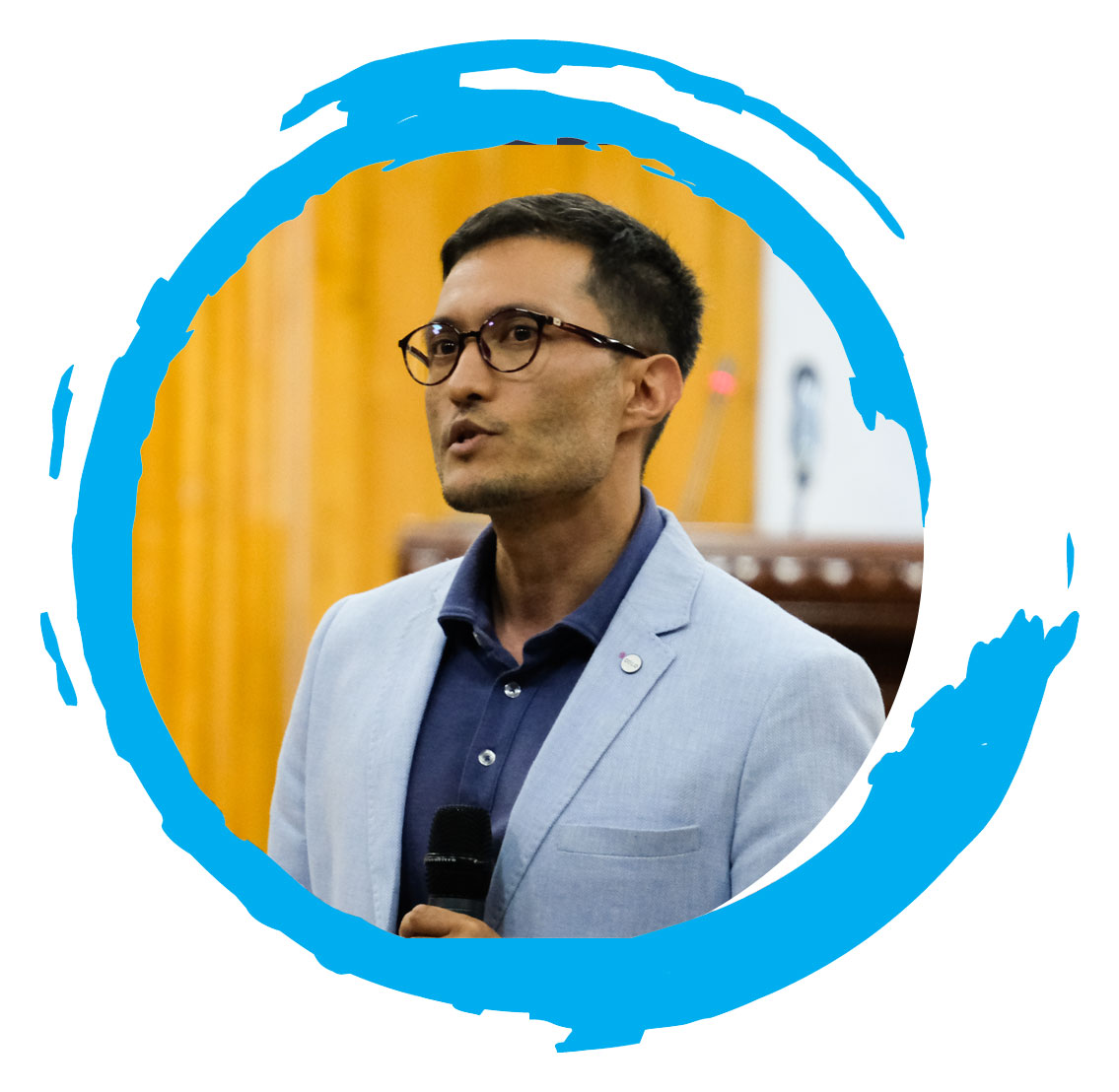
Dr. Hussain Etemadi<br / R&D Director (OHG)
“What Role Can Universities Play in Helping Afghan Government and International Agencies in Implementing the SDGs”
The history of Industrial Revolution dates back to the 18th century. It Started in England and following that spread to the other Western European Countries. Before the Industrial Revolution, the speed, level and impact of industrialization was not as significant as after that. As the result of rapid economic development, environmental pollutions and social dissatisfaction increased and in some cases led to historical unrest and uprising. Lack of enough experience and knowledge and also limited financial resources to mitigate the negative impacts of rapid developments was the main challenges by that time. Nowadays, there is a consensus that development is a multidimensional process. It consists of different goals and specific agendas. They should be achieved through well designed policies and strategies. Although increasing per capita income is important, but economic development should move beyond it; poverty reduction, equal opportunities, better health and education should be the focus of economic development and ‘environmental protection’ should not be neglected.
The 2030 Agenda for sustainable development is one of the most ambitious, prestigious and important global agreements in recent history: it includes 17 goals and 169 targets. The 17 Sustainable Development Goals (SDGs) at its core, is a guide to tackling the world’s most pressing challenges – such as poverty and economic growth, social inclusion, environmental sustainability and peace and good governance to all countries and all people by 2030. SDG 4 specifically insists on “equal access for all women and men to affordable and quality education and supply of qualified teachers.” Universities, as education centers, should play a leading role in the implementation of the SDGs. To do so, they need to increase their internal capacities. They need to provide their students with the knowledge, skills and motivation to understand and address the SDGs properly. As dedicated places for research including SDGs research, universities should address sustainability at the early stages of different studies/projects.
Furthermore, universities have access to experienced academic persons and also large concentrations of young and curious people who are passionate, creative and have a desire for a better world. Universities can also hold the positon of neutral and trusted stakeholder among government bodies, private sectors, local people and international organizations. This opportunity should be used to educate the public and private sectors, advocate for the SDGs and initiate and facilitate cross-sectoral dialogue. SDGs is not a blue print, universities need to contextualize and localize SDGs and its criteria, indicators and measures in Afghanistan based on location, gender, religion and income.
Finally yet importantly, a sustainable development approach in each country should be comprehensive and inclusive. SDGs should be based on the people’s capacity, available resources and local conditions, and the main beneficiaries of economic development/sustainable development should be ordinary people. No one should be left behind!
Comment is not allowed